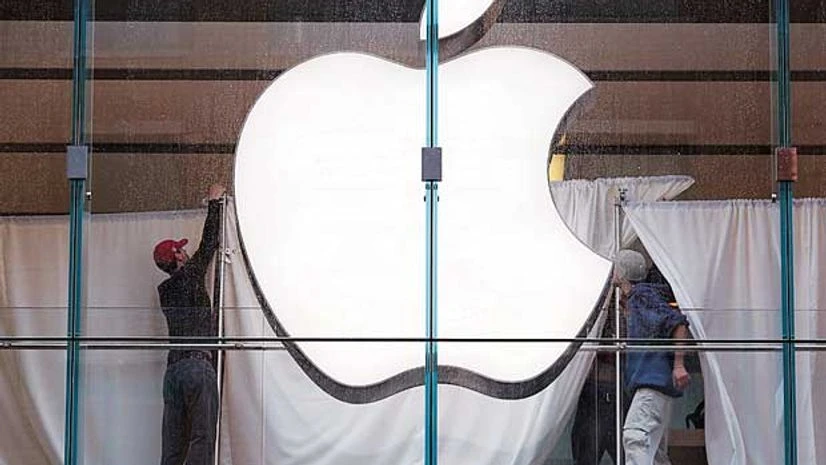Apple has reported its first-ever drop in iPhone sales since launching the smartphone in 2007 as the tech giant's long streak of rising revenue ended.
Apple yesterday said iPhone sales dropped year-over-year for the first time, slipping to 51.19 million in the recently ended quarter compared with 61.17 million in the same period a year ago.
Read more from our special coverage on "APPLE"
- Apple posts its first-ever decline in iPhone sales
- Apple no longer immune to Chinas scrutiny
- Users seek refunds as Apples iBook, iTunes services blocked in China
- Apple to set up own retail outlets soon as Govt may waive 30% sourcing norm: Report
- FBI hints it paid over $1 million to hack terrorists Apple iPhone
Profits fell as well: Apple reported net income of $10.5 billion in the fiscal quarter to March 26 from $13.6 billion last year.
With iPhones the main driver of sales for the company, revenue fell on a year-to-year basis for the first time since 2003: $50.6 billion from $58 billion a year earlier.
Apple shares dove more than 8% to $95.72 in after-market trades that followed release of the earnings figures.
Sales of iPhones, the heart of Apple's mobile age money-making machine, were down 16%, according to the earnings report.
While Apple is the world's largest company by profit and market value, it has been shifting its focus in anticipation of the slowdown.
"Our team executed extremely well in the face of strong macroeconomic headwinds," said Apple chief executive Tim Cook.
"We are very happy with the continued strong growth in revenue from services, thanks to the incredible strength of the Apple ecosystem and our growing base of over one billion active devices," he added.
Analysts said it was not surprising to see the drop given the saturation of the global smartphone market.
"Following a rapid expansion into new markets over the years from 2007-2011, Apple was approaching saturation of the available distribution channels, and many of those already in the smartphone market who could afford to buy an iPhone had one or one of its high-end Android competitors," said Jan Dawson at Jackdaw Research.
Dawson said Apple managed to boost sales in a slow-growing market with its large-screen models, but that it is unclear if it can regain momentum.
Apple also announced that its board has authorised $35 billion more to be spent on buying back shares, along with money for the dividend to be increased to 57 cents per share.
Apple has been making inroads into wearable technology with its Apple Watch and moving into services such as music subscriptions, but remains largely dependent on the iPhone for profit and revenue.
(Only the headline and picture of this report may have been reworked by the Business Standard staff; the rest of the content is auto-generated from a syndicated feed.)

)
